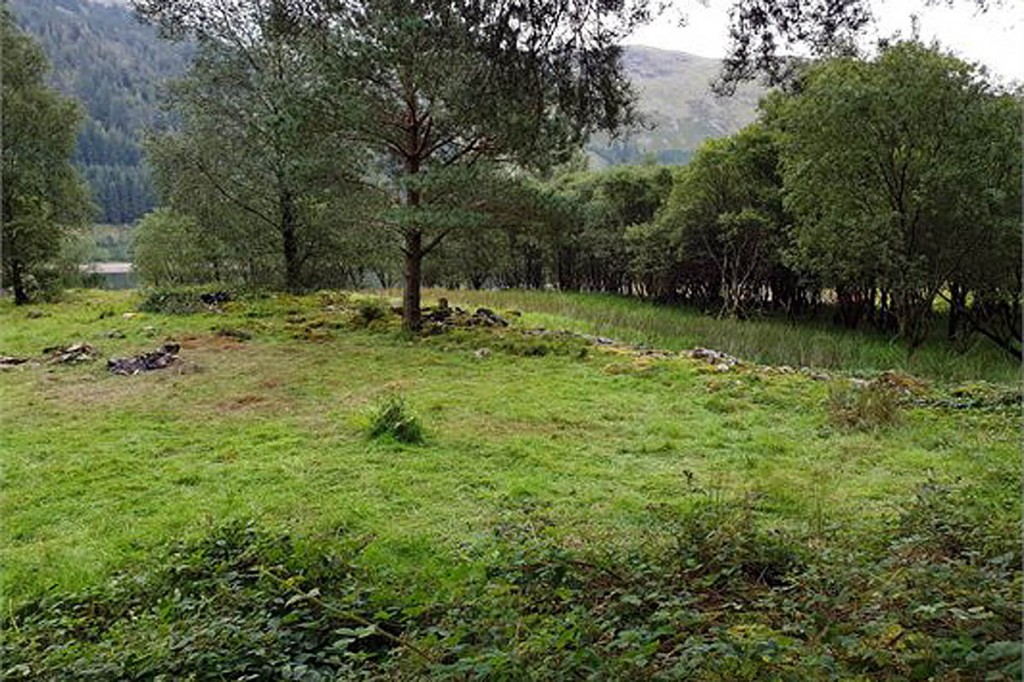Three Lake District campers found on the shore of Derwent Water were cautioned for breaking bylaws.
Cumbria Constabulary said its officers have been carrying out patrols aimed at preventing damage to the environment.
The easing of coronavirus lockdown restrictions has been followed by large numbers of visitors to the national park, in some cases causing damage and nuisance by fly-camping.
Police said its officers based in Keswick and the Allerdale pro-active team conducted joint patrols at the weekend with colleagues from United Utilities, which owns large tracts of land around reservoirs and in catchment areas.
A police spokesperson said: “In recent weeks, there has been a large increase in the number of campers and campervans on private land in the Lake District national park and unfortunately this has often been associated with the dumping of equipment, littering, fires and criminal damage to trees and fences.
“This unacceptable and anti-social behaviour has typically taken place on roadsides and lakeshores but has occasionally been experienced higher on the fells.”
During the operation officers found three women camping at Calf Close Bay with a small ground fire. The site was inspected by rangers from the National Trust, and no damage was found. All three were cautioned in relation to bylaw breach for camping and a ground fire breach. Such breaches carry possible fines totalling £3,000. The women then left the area.
The National Trust allows true wild camping on land it owns, but this must be above the highest fell wall, typically 400m, and must be in small groups, no more than two tents, for one night only. Wild campers must follow the ‘leave no trace’ ethos.
The charity does not allow valley, lake-shore or roadside camping on its land, except in its designated campsites.
Police said, during its operation, five campervan owners were spoken to at Honister Pass about issues including a fire inside a barbecue and rubbish. Six bags of rubbish had already been left behind, which were removed by the National Trust.
Other enforcements during the operation included: 18 cars reported for motoring offences; one motorist warned at Stair for obstruction; and one for driving off-road at Newlands Pass.
Two people were also stopped and searched under poaching-by-night regulations. Their vehicle was searched and they were asked to return home, police said.
Officers also found five people in breach of bylaws and also conducted five stop searches of vehicles.
Sergeant Scott Adams said: “We welcome the return of visitors to the Lake District and encourage all those who seek to explore the area responsibly.
“Campsites are now open across the national park and we encourage visitors to book pitches ahead of their visits.
“The constabulary and its partners will continue to maintain efforts to protect and preserve the unique Lake District environment. We will not tolerate the damage or destruction of Lakeland habitats or heritage and will take robust action where necessary.”

Doddy
20 August 2020Anyone know what does valley camping means.
Peter Sullivan
21 August 2020For months, during full lockdown, a number of local newspapers in Cumbria, and the police themselves, were moving on campers like these, saying it was against Covid19 rules.
Neither the newspapers nor the police stated the truth, which they didn't seem to know or care much about - that Covid19 rules were irrelevant, and that such camping is not allowed at any time, for the reasons given in this news story.
At the time I found it amazing that not only did the local press not bother to find out the rules on wild camping, but that the police didn't appear to know them either.